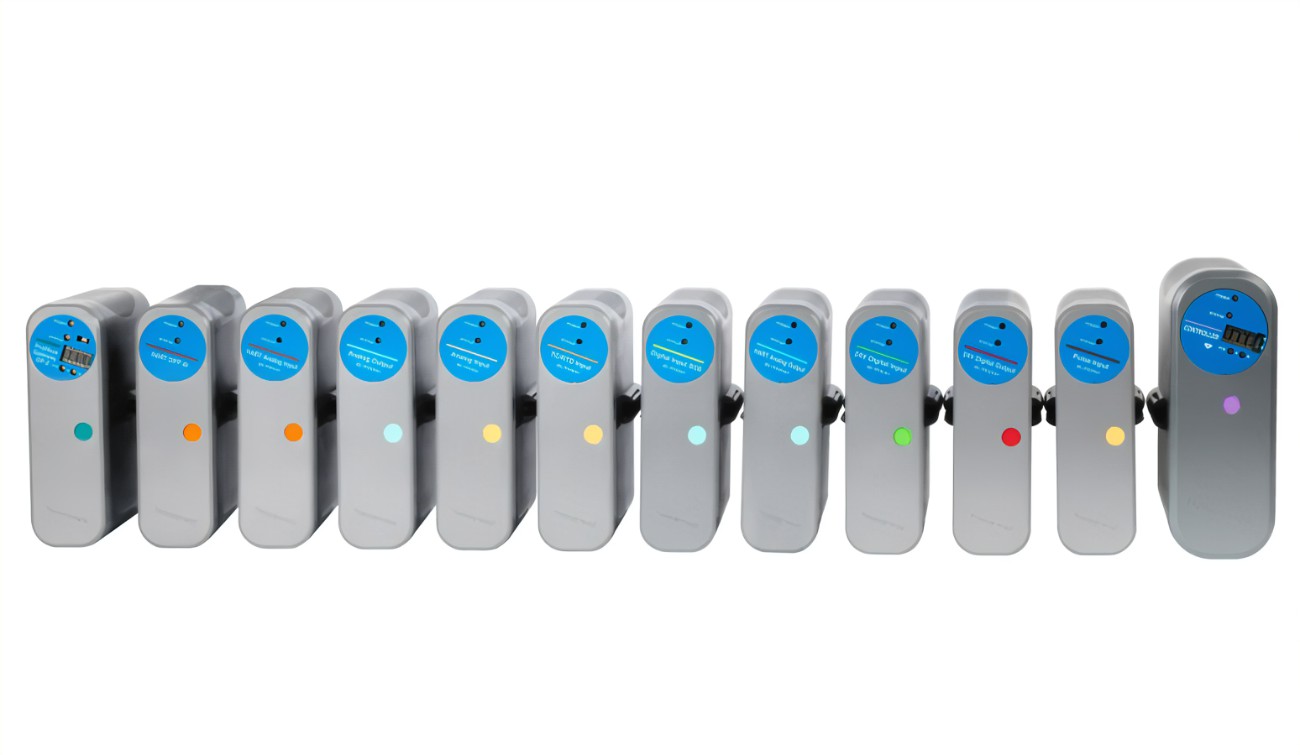Advanced Process Control (APC)
 What is an advanced process control system?
What is an advanced process control system?
Advanced Process Control (APC) is the name for a set of technologies used to improve the effectiveness and performance of industrial processes.
Real time process variable optimization is the goal of APC, which will improve yield, quality, safety, and energy efficiency.
The total amount of hardware and software required for the control circuit can be managed by combining them into one system.
Advanced Process Control (APC) 1
In other words, complex process control combines various technologies and control methods.
Advanced Process Control (APC) aims to improve the control efficiency of production related activities.
Continuously controlling this process not only simplifies the production process, but also improves the reliability of the output results.
By changing the production process, waste caused by repetitive procedures can be eliminated.
By eliminating this waste, the total cost of the manufacturing process can be further reduced.
Programmable microcontrollers, advanced programs using ladder logic, multivariable control, multi loop control, control optimization concepts, programming gain control, and advanced logic constitute advanced process control (APC) devices.
Advantages of Advanced Process Control
Implementing Advanced Process Control (APC) provides several benefits for industrial processes:
Improve process efficiency and productivity
Improve product quality and consistency
Improve operational stability and reduce process interference
Best resource utilization and cost savings
Enhanced security and compliance
Extend equipment lifespan and reduce maintenance costs
Real time decision support and operational efficiency
Process flexibility and adaptability to changing conditions
Continuous process improvement and performance optimization
Environmental sustainability and reducing environmental footprint
Market competitive advantage
Knowledge capture and retention for training and troubleshooting
Scalability and standardization across processes and factories
Regulatory reporting and compliance facilitation
Enhanced data analysis and process insights.
What are the components of advanced process control?
Advanced Control not only includes the use of digital computers and the latest software running on them. Adopting complex control algorithms is just one factor that helps improve fine tuning.
Advanced control refers to the design of system engineering infrastructure that combines components from other disciplines, including control engineering, signal processing, statistics, decision theory, engineering software, and even artificial intelligence strategies.
Understanding processes, control issues, and the dynamics of processes, and linking them to the most appropriate control methods and techniques, is a key component of advanced control practice.
The computer simulation model combines process expertise and historical data, control and optimization algorithms, and current real-time process information to form the Advance Process Control system.
Advanced Process Control (APC) 2
APC supports multivariable control, adaptive adjustment, prediction/process diagnosis, and the relationship between manipulated and controlled variables.
Multi variable control problems or discrete control problems are often solved using APC. APC consists of many process control instruments, including:
Model Predictive Control (MPC)
Statistical Process Control (SPC) technology
Fault detection and classification
Sensor control
feedback system
The following are the key components of APC:
Process model
APC utilizes mathematical models representing process behavior. These models capture the relationships between process variables, dynamics, and constraints. They are the foundation for predicting process behavior, optimizing control operations, and achieving real-time decision-making.
Real time data collection
APC relies on sensors and instruments to collect real-time data from the process. These sensors can measure various process variables, such as temperature, pressure, flow rate, and composition. Accurately and timely obtaining data is crucial for the effective implementation of APC.
Data History
Data history is a software component that stores and manages historical process data. It provides a repository for storing large amounts of process data collected over time. The Data Historian allows for the retrieval, analysis, and visualization of historical data, which is crucial for APC model development, performance monitoring, and troubleshooting.
control algorithm
APC uses advanced control algorithms to manipulate process variables and achieve optimal performance. These algorithms can include model predictive control (MPC), adaptive control, fuzzy logic control, or neural network-based control. Control algorithms use real-time data, process models, and optimization techniques to calculate control operations and adjust set values.
Advanced Process Control (APC) 3
Optimize and control the engine
The optimization and control engine is the core component of the APC system. It executes control algorithms, performs real-time optimization calculations, and generates control strategies based on process models, data, and objectives. Determine the optimal setting value for the engine and control measures to achieve the desired process results.
Human Machine Interface (HMI)
HMI provides a graphical user interface for operators and engineers to interact with the APC system. It provides real-time process data, control strategies, alerts, and other related information. HMI allows users to monitor process performance, override control operations when necessary, and make informed decisions based on APC recommendations.
Performance monitoring and reporting
The APC system includes tools for monitoring and evaluating the performance of control strategies. Calculate and display performance indicators and key performance indicators (KPIs) to evaluate the effectiveness of APC implementation. Performance reports and trends help identify areas for improvement and support continuous process optimization.
Integration and communication interface
Support interfaces and protocols for integrating APC systems with other control systems, plant wide automation systems, or Supervisory Control and Data Acquisition (SCADA) systems. These interfaces allow seamless communication and coordination between different control layers.
How to integrate Advanced Process Control with DCS?
Advanced Process Control (APC) 4
The term ‘Advanced Process Control’ (APC) refers to the application of multiple different methods and equipment sets to enhance process control or address specific issues that arise during the process.
APC is essentially multidisciplinary. It collects knowledge through the use of engineering, signal processing, statistics, decision theory, and artificial intelligence (AI).
DCS is usually coupled with APC systems. Mobile is calculated and sent to regulatory controllers through the APC plan.
APC technology is typically connected to a distributed control system (DCS), which regulates processes to achieve planned process control objectives. Advanced process control is widely used in various industries because it has an innate tendency to handle problems involving multiple factors.
Distributed Control Systems (DCS) are commonly used in process control to manage production processes.
A distributed control system refers to a system in which various parts of the system (each with varying degrees of functionality) are dispersed throughout the entire process.
Advanced Process Control (APC) tools are typically connected to distributed control systems using software interfaces or mature communication protocols.
To assist in isolating issues or calculating the various variables that cause problems, APC will track all information provided to the DCS regulatory control department during this communication exchange period.
The interface between DCS and APC systems in the past was a special software interface.

